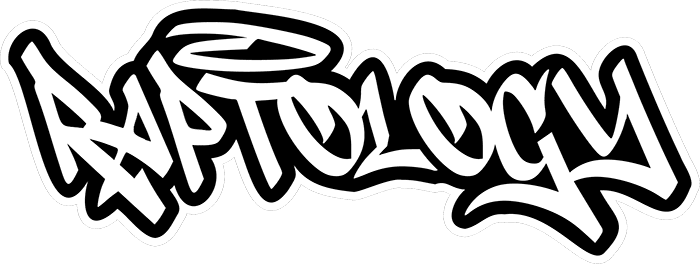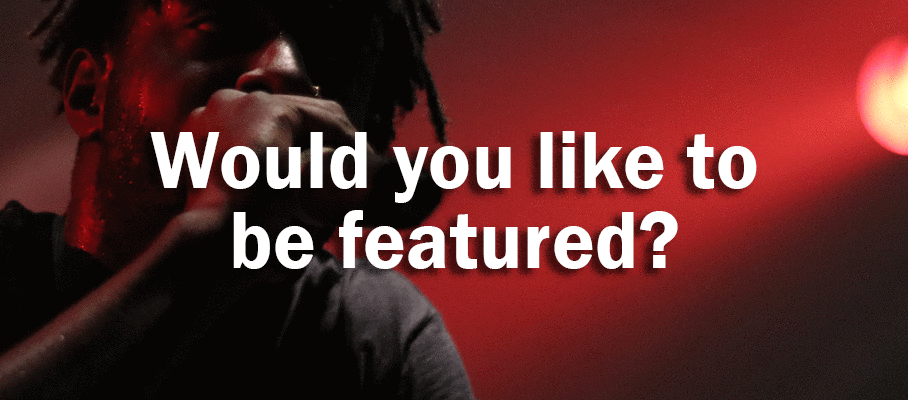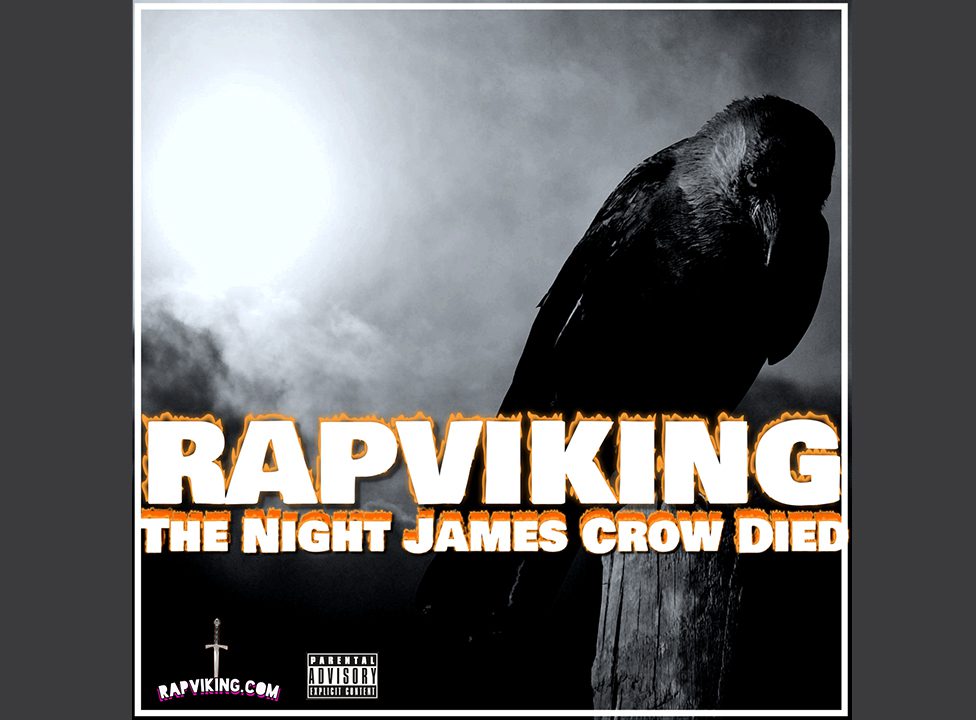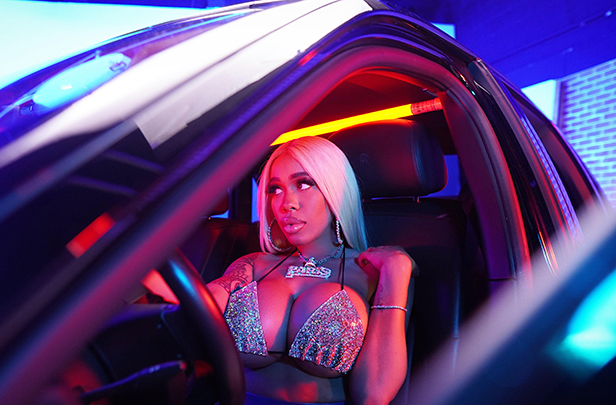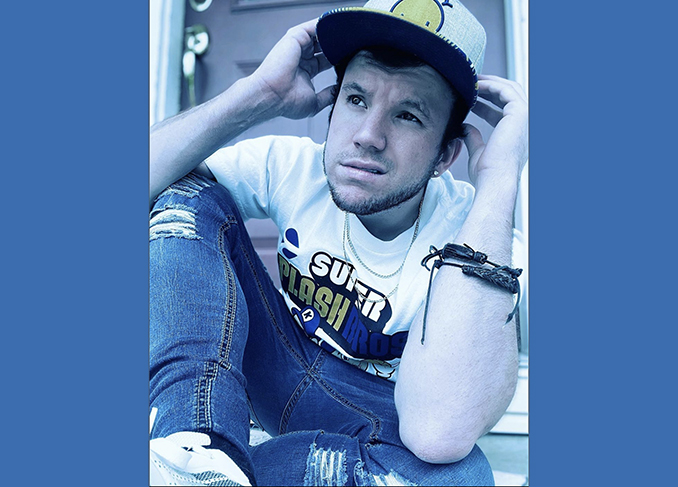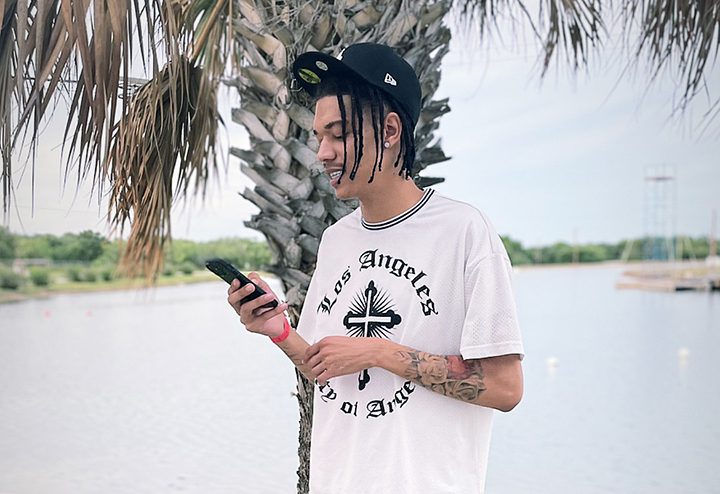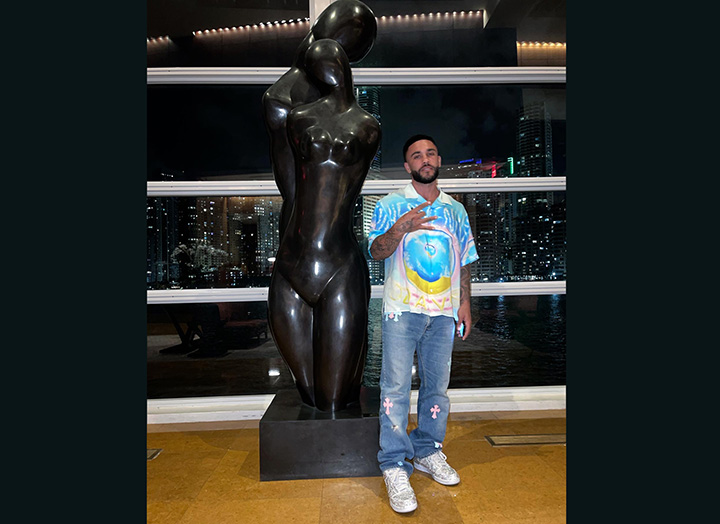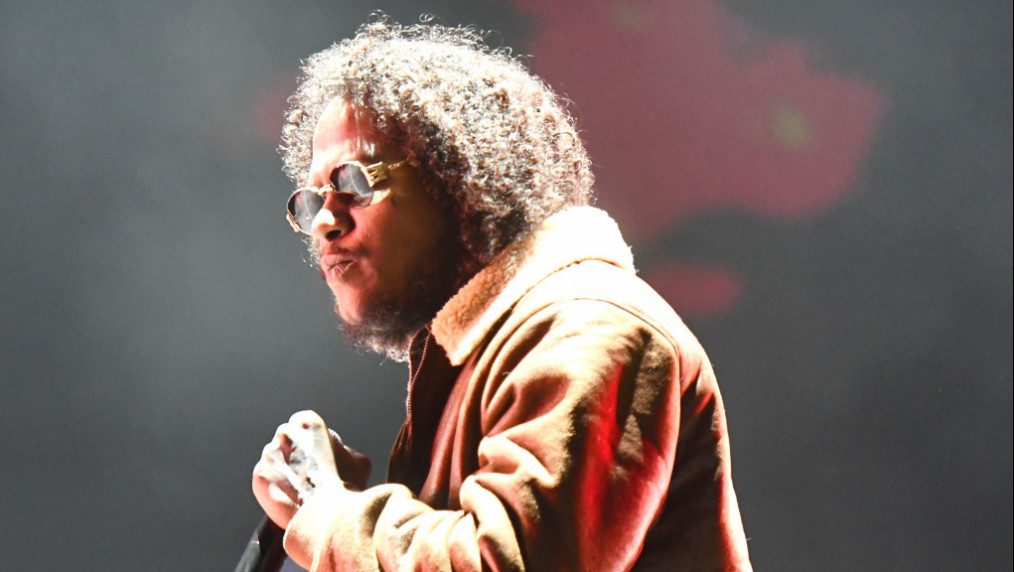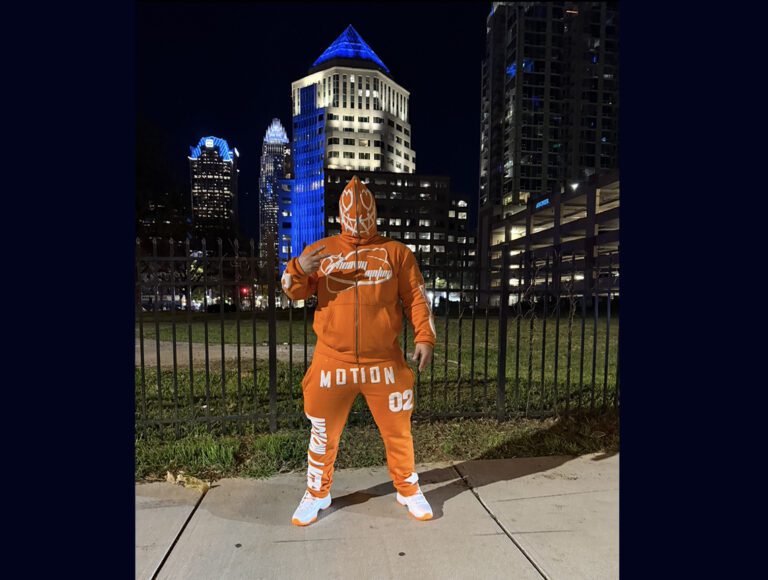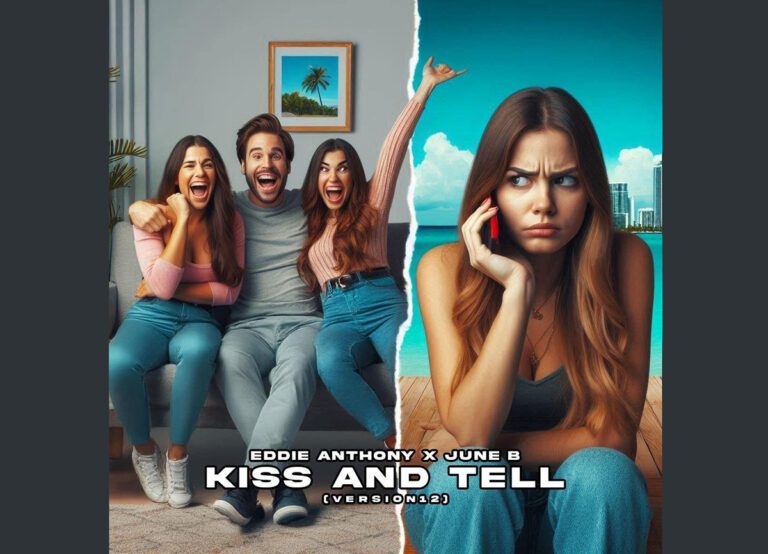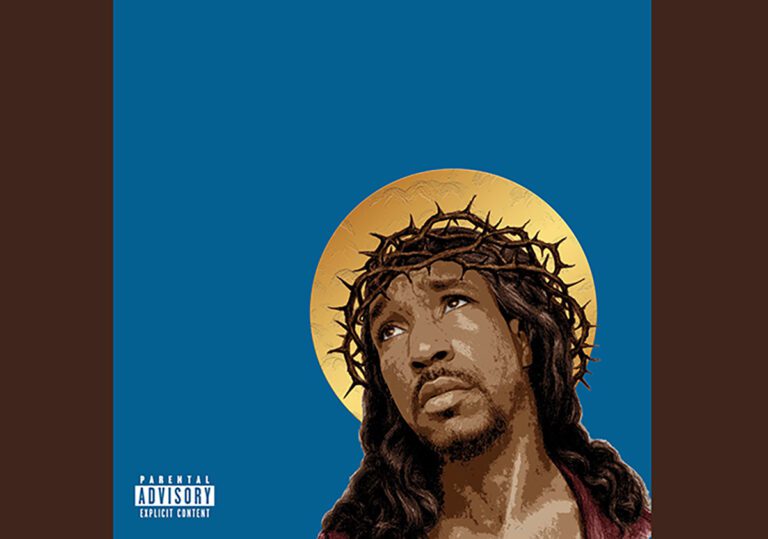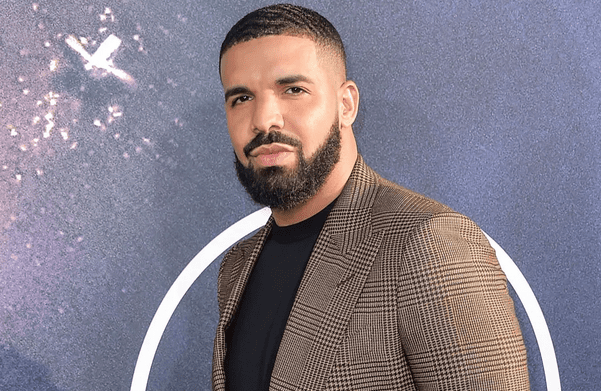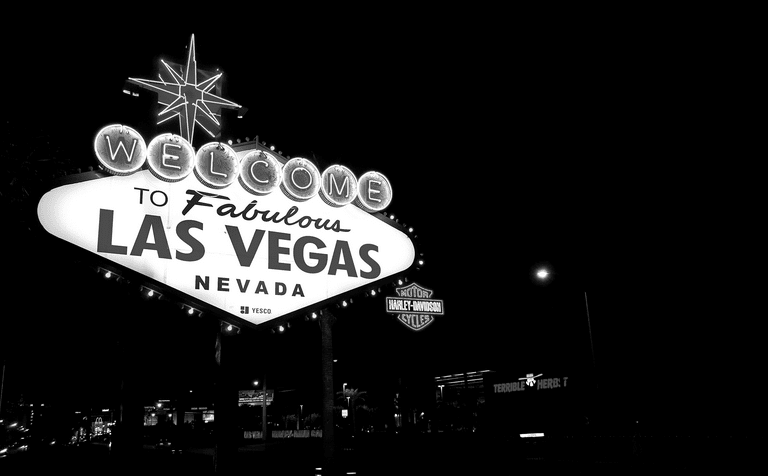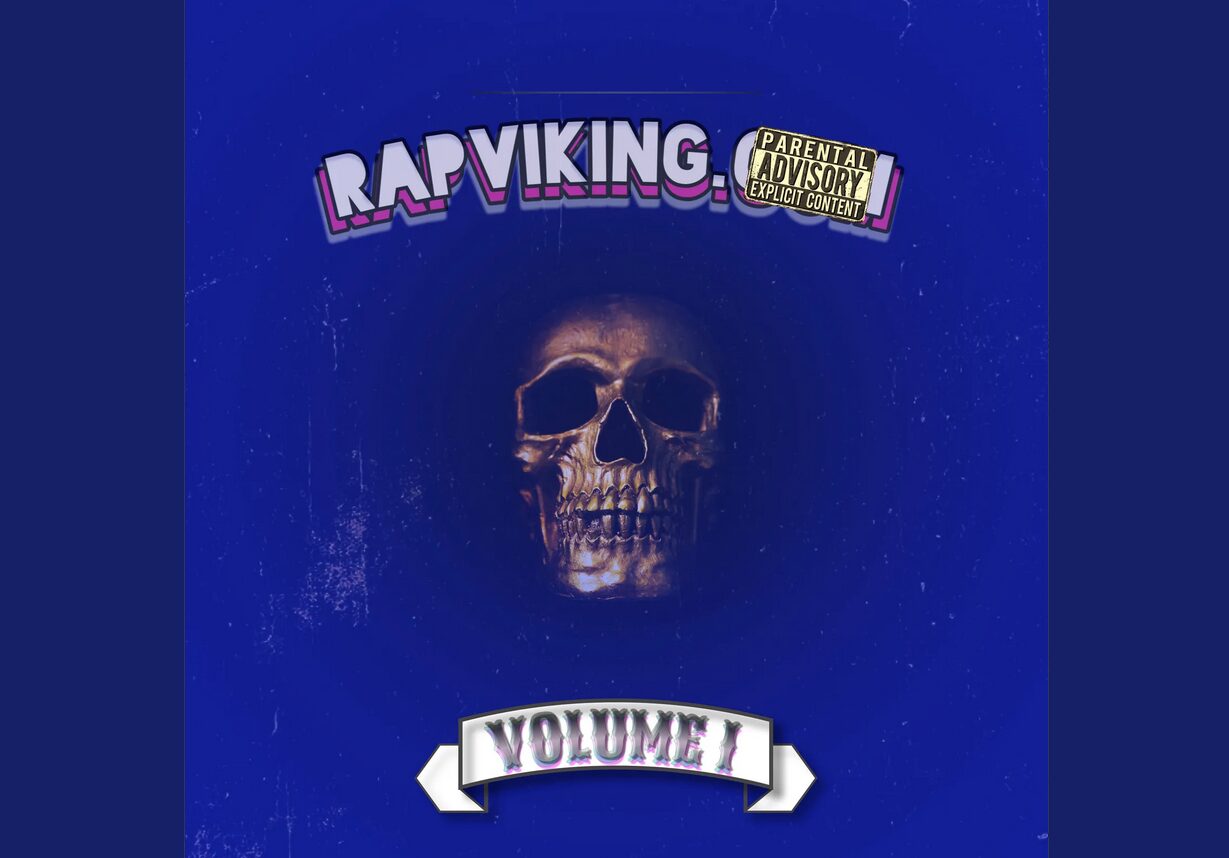
The Los Angeles, CA artist, Matthew William Hunkins has done it again with a body of work that embodies the essence of Grunge Rap. Gaining a passion for the culture of hip hop, Hunkins was drawn to the aggressive and lyrical nature of the Grunge Rap sub-genre. Over time he dived deeper into his craft and with practice and perseverance, he developed his own unique sound and style. Using his refined talent, he aims to elevate Grunge Rap beyond where it has ever gone before. Today we had an exclusive chance to interview the artist:
How did you come up with a stage name?
I played sports in high school and we were the Vikings and some of my great great grandparents came from Norway. So I guess that was good enough for me to fantasize I could embody some sort of Viking warrior rapping on a microphone.
Why did you first start making music?
My best friend in school was really good at guitar. He would play along to albums by ear, while I would just sit and look at the artwork, liner notes and lyrics. I was probably more into drawing album covers than making music at the time because I was in Journalism class and drew comics for the school newspaper. He and I would walk to Guitar Center all the time and talk about forming a band. Eventually we did, playing cover songs at backyard parties. I remember I was the bass player because it was easy to turn me down and hide how horrible I was at it. I remember it was easier for me to make my own musically illogical bass lines then to learn the actual ones. Eventually they just made me the frontman because I was all confidence and no skill.
Who would you say inspired you the most, as an artist?
Definitely, as an adult its been Chris Cornell of Soundgarden, Audioslave, Temple of the Dog. He actually inspired me not to make music for a long time because I’d rather listen to his work than my own. But I do remember as a young kid listening to The Dr. Demento radio show every Sunday night and just being enthralled by the comedic rhyme schemes of giants like Cheech and Chong , Cab Calloway and Weird Al.
Talk me through your creative process.
For a RAPVIKING song I will usually start with a fully produced beat from my friends at Legion, Anno Domini, Wyshmaster, SoundOracle, Flypmaster, Legacy, Temper, or Splice, etc. Most of the time a few melodies or phrases will pop in my head immediately. This is probably some form of subconscious stealing from a lifetime of listening to music. I usually write down some quick lyrics to those melodic ideas and repeat them over and over until I think I’ve memorized them. At that point I’ll probably take a break and walk away read a book ,watch a movie or listen to an album that might thematically relate to my initial quick lyric idea. If I remember any of the melodies when I return and play the beat again, I usually feel I’ve got the foundation of a song worth finishing. Then I might just strip the beat down into chords and play them on the acoustic guitar. This helps me flesh out other vocal changes and basically go into singer songwriter mode without being attached by headphones at a DAW or computer. At that point Ive got all those various systems in place to draw upon and finish the song. Then I will demo the song on my MacBook Pro using a Blu mic, GarageBand and lots of Waves plug ins.
Do you remember the first rhyme you wrote?
I remember me and my friend recording our own vocals as a prank onto his older brothers cassette tape collection. We would put tape over the small holes at the top and hit record on the cassette player, so there’s still probably a Ghostbusters soundtrack or Kenny Loggins cassette with me rhyming about losing at Nintendo because I got stuck using the broken controller, which of course I probably threw in the first place.
Have you heard the theory that some musicians write their best music while they’re depressed or going through a bad time?
I have and I wonder if that’s when you’re the most introspective and prone to honest and relatable emotions. It’s also quite possible that the “Happy” and “Good Times” are always just outside the mostly secluded and tense process of creating art. I do find that the joy of writing is somewhat elusive. You’re always kind of chasing the Dragon of self validation.
What’s the best advice you ever received?
Watch out. (Several times, in fact)
What is still your biggest challenge?
Believing that there is an audience for my music outside of myself.
What’s your latest release?
Rapviking, Vol. I Available on all Streaming platforms and physical compact disc format via Amazon or www.rapviking.com
How do you currently feel about the state of Hip-hop in general?
Hip Hop is a mighty religious force. It can bring peace to all Sisters and Brothers or it can divide us into waring family’s. What we choose to sing is not as important as why we sing. We must embrace and sing for each other be it Hip Hop or any other music label. One Love, One World.
